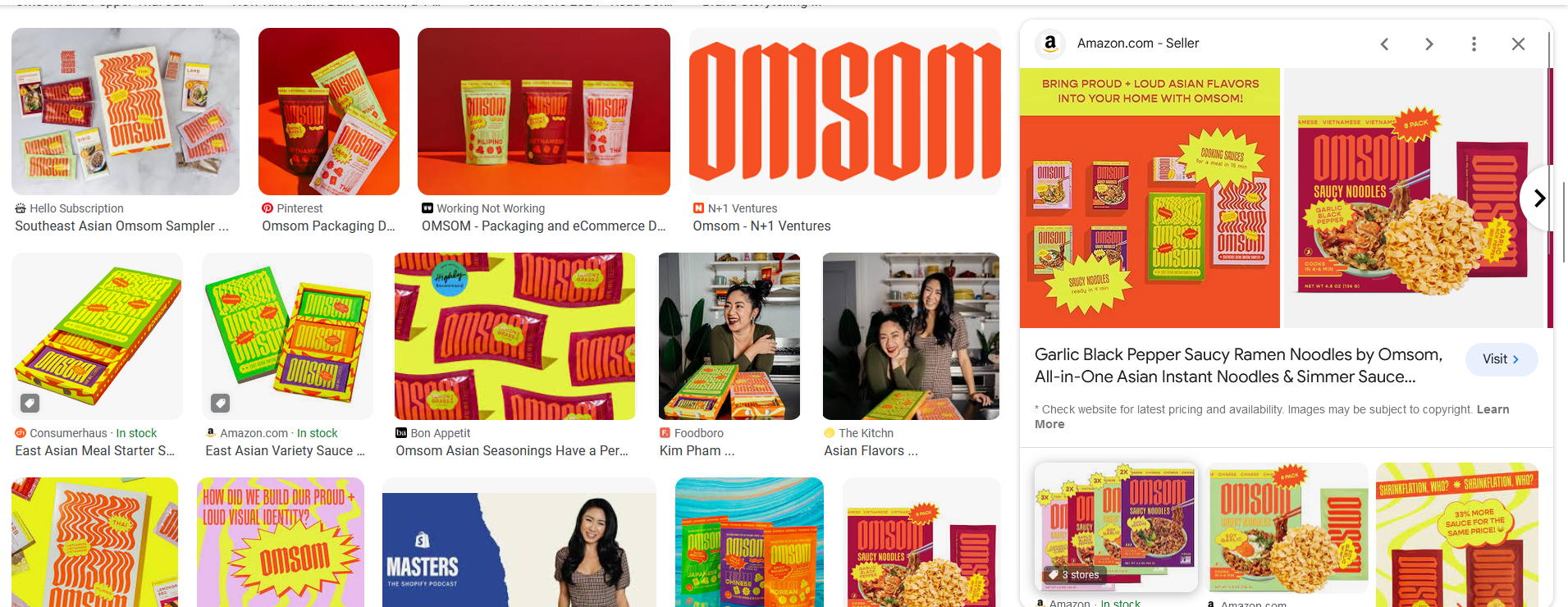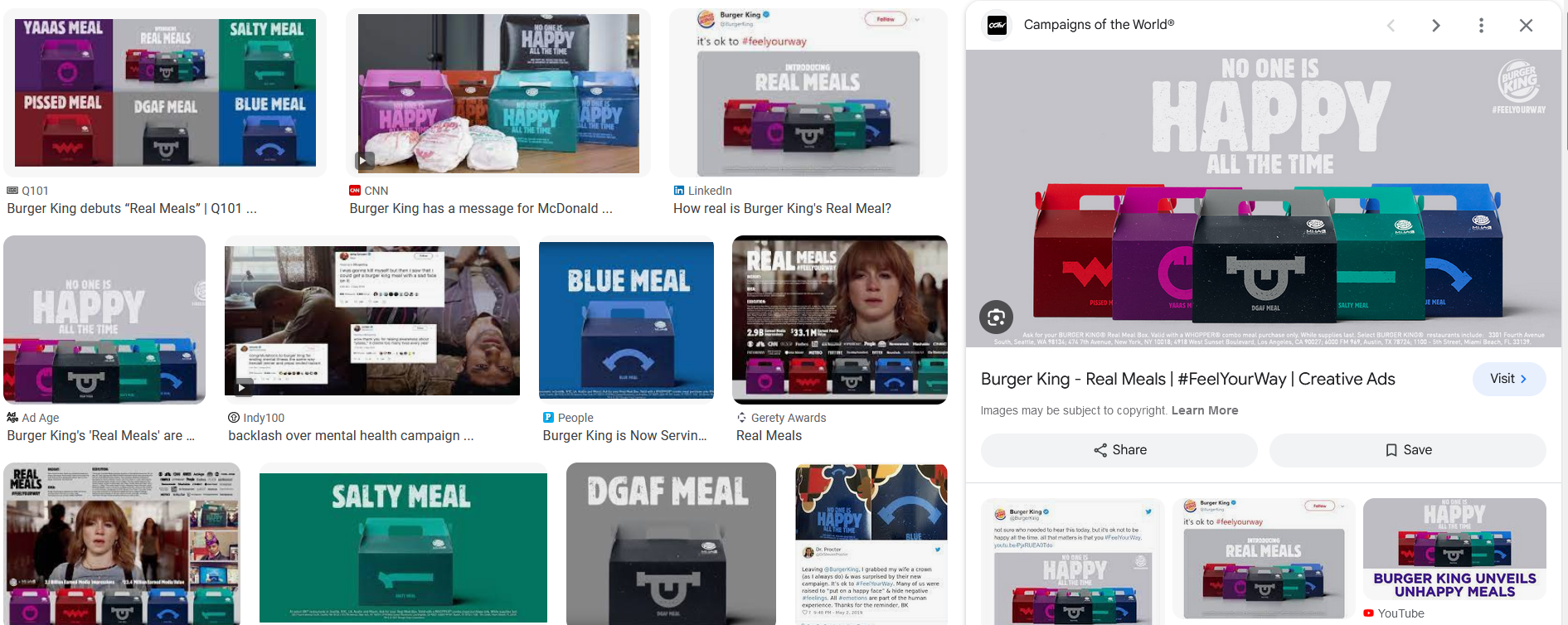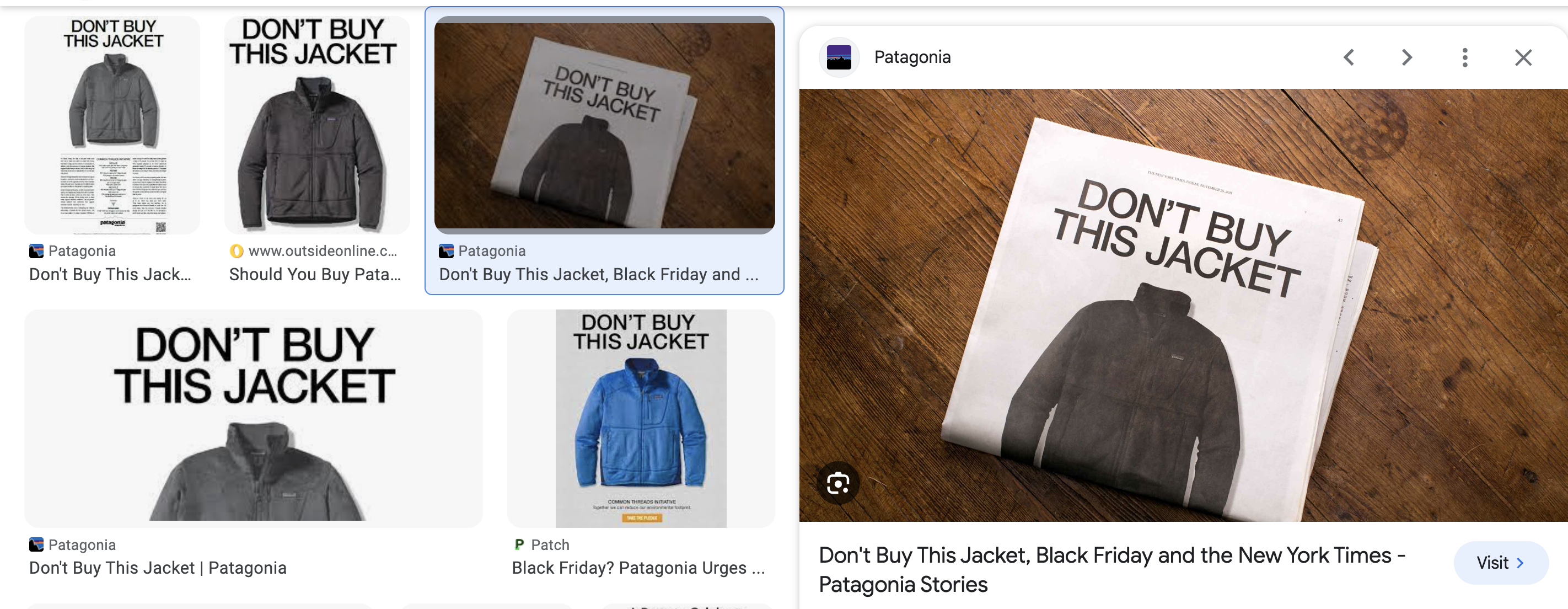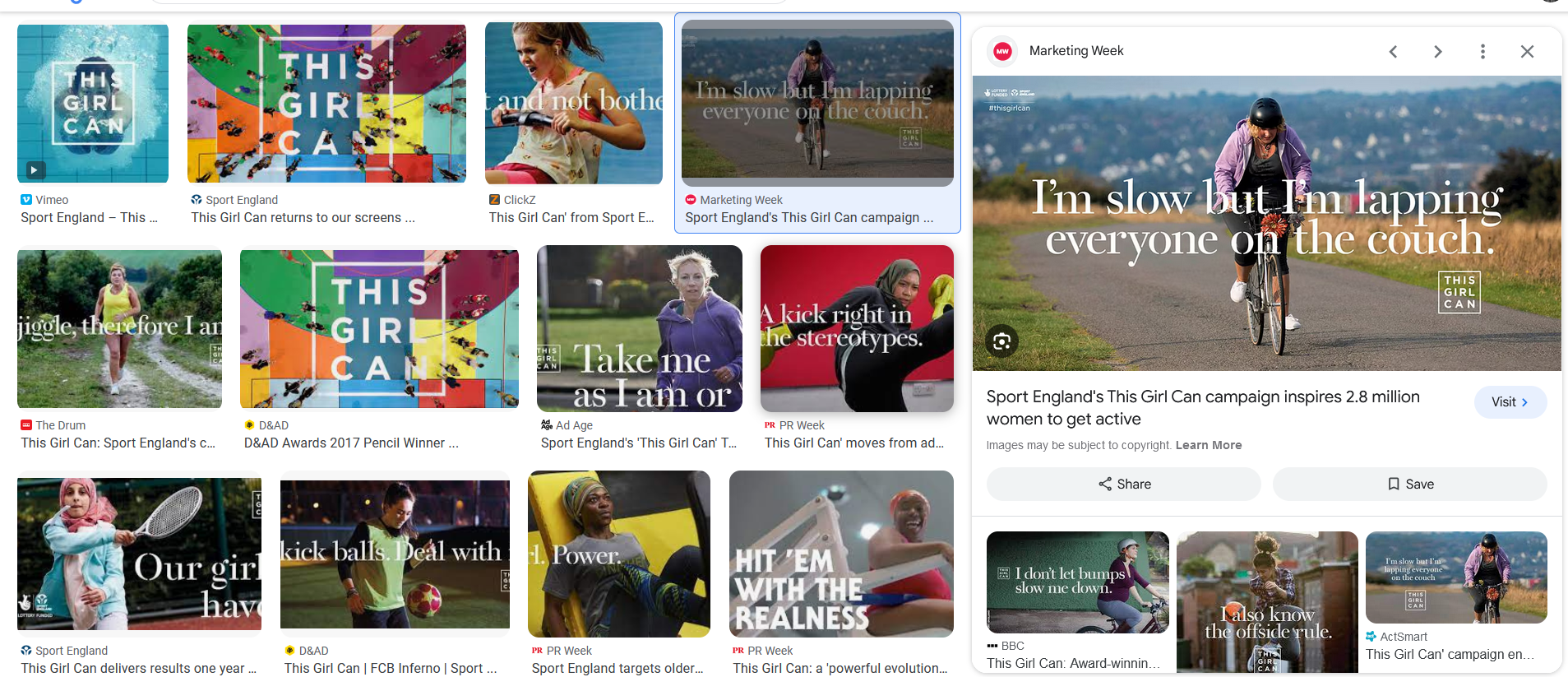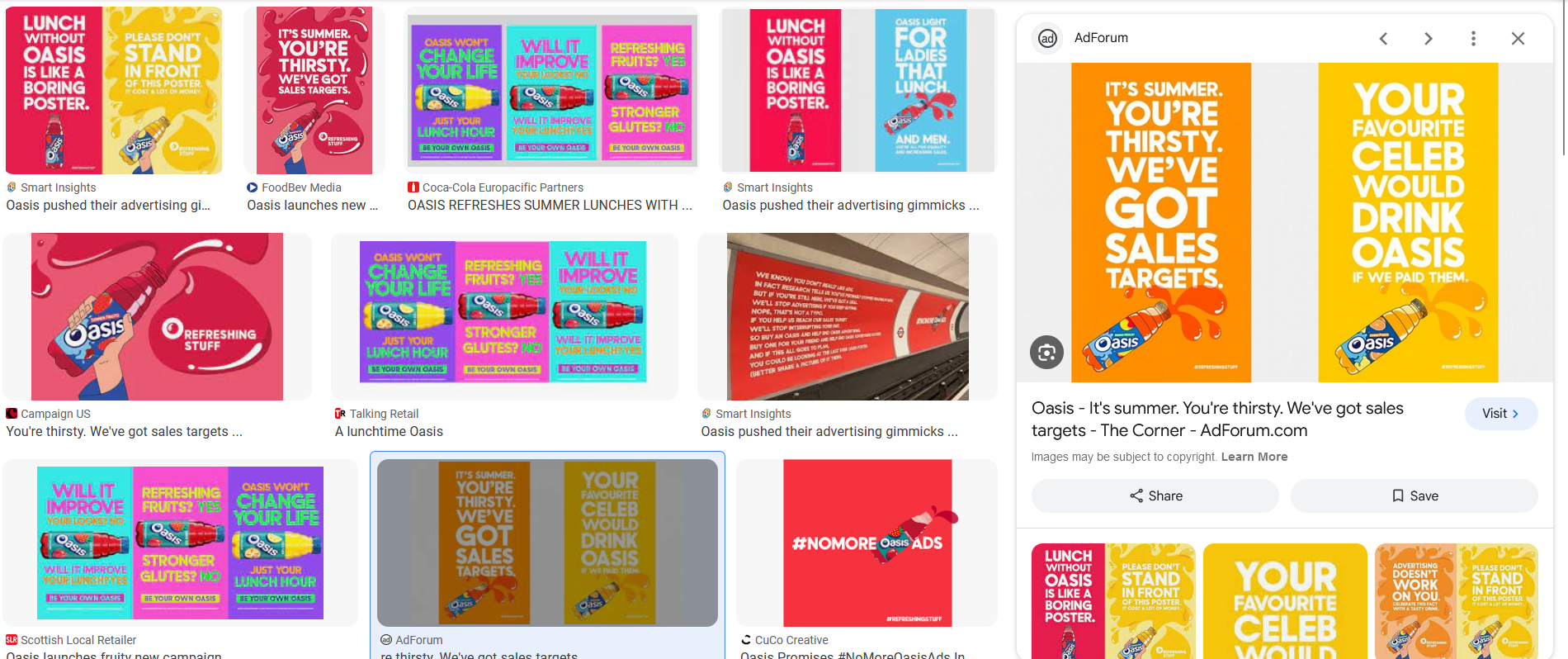In a world where consumers are bombarded with endless ads and content, the need for authentic marketing has never been more critical. It’s not just about selling a product anymore; it’s about creating a genuine, trusted connection with your audience. According to Psychology Today, a significant percentage of consumers are willing to spend more with brands they perceive as authentic. This highlights the growing demand for real, relatable marketing.
This isn’t just a passing trend. It’s a clear signal. People want realness. They’re tired of the same old sales pitches. They crave something they can believe in, something that resonates with their values and experiences. Authentic marketing is about tapping into that desire. It’s about showing your audience that you’re not just another faceless brand, but a group of real people with real stories— who truly care about solving their problems.
In this post, we’ll explore what authentic marketing truly means, why it’s becoming the backbone of successful branding, and how you can use it to connect with your audience on a deeper level.
The Essence of Authentic Marketing
What exactly is authentic marketing? It’s a strategy that’s all about being real and transparent. Authentic marketing means showing your true colors, not just what you think people want to see. It’s about honesty, consistency, and staying true to your brand’s values and story.
According to a report by Gitnux, a whopping 86% of consumers value brand authenticity highly when choosing which brands to support. This statistic is a wake-up call for businesses. It’s no longer enough to just push products or services; customers are looking for brands that they can trust and relate to on a personal level.
Authentic marketing isn’t just a nice-to-have; it’s a must-have in today’s market. It’s about building relationships based on trust and mutual respect. When you’re authentic, you’re not just selling a product; you’re inviting your audience into your world, showing them what you stand for, and why they should care.

The Growing Importance of Authentic, Honest Marketing
Let’s face it, we’re in an era where AI and digital noise are everywhere. What cuts through? Honest marketing. Today’s consumers are sharp. They know when brands aren’t being straight with them. And they prefer brands that are upfront and transparent.
With AI around, the human touch in marketing is gold. People want real stories, real connections. Honesty in your marketing isn’t just about making sales. It’s about building trust. And trust? That’s everything.
Real-World Examples of Authentic Campaigns
Authentic marketing isn’t just a buzzword. It’s been done, and done well. Let’s look at some real-world examples that nailed it.
1. Omsom’s Bold Approach to Celebrating Asian Flavors: Omsom, an Asian food brand, is renowned for its unapologetically bold and vibrant approach. They celebrate Asian flavors authentically, without dilution or compromise, and are transparent about their ingredients and the stories behind their products. This approach invites consumers into a deeper understanding of Asian cuisine, building a strong, trust-based relationship with their audience.
2. Burger King’s Mental Health Awareness Campaign: Burger King took a bold step with their ‘Real Meals’ campaign, acknowledging that not everyone is happy all the time with the hashtag #FeelYourWay. This move, aligning with Mental Health Awareness Month, resonated with many for its honesty and reliability.
3. Patagonia’s Environmental Activism: Patagonia’s commitment to environmental causes isn’t just talk. They back it up with action, like their pledge to donate 100% of Black Friday sales to grassroots environmental groups. This authentic alignment of values and actions has not only earned them a loyal following but also set a benchmark for corporate responsibility.
4. Sport England’s ‘This Girl Can’ Campaign: This campaign celebrated women of all shapes, sizes, and abilities in sports. It wasn’t about selling a product; it was about empowering a movement. The authenticity of the message struck a chord worldwide.
5. Oasis’s Unconventional Advertising: Oasis’s approach to advertising, often poking fun at marketing clichés, has won them attention for being refreshingly honest. They’re not afraid to be different, and it shows.
These examples show that authentic marketing can take many forms. But whatever direction you take, it’s about being true to your brand and connecting with your audience on a deeper level.
Imagining Authenticity in Marketing: Creative Campaign Ideas to Inspire
Let’s dive into some imaginative scenarios that showcase authentic marketing in action, and understand why these approaches hit the mark for authenticity.
Community-Driven Product Development: Picture a cozy local coffee shop looking to engage its customers uniquely. They launch a social media campaign inviting customers to submit their own coffee recipes. The winning recipe gets a spot on the menu. The campaign buzzes with excitement as customers share their creations with the tagline, “Your secret recipe could be our next big hit! Let’s brew something amazing together.”
- Key takeaway: This approach not only fosters community involvement but also gives customers a sense of ownership. It can be applied to any business looking to foster a deeper sense of community.
Behind-the-Scenes Series: An organic skincare brand decides to open up its process to the world. They create a series of short, documentary-style videos showing how their products are made, from sourcing natural ingredients to the meticulous crafting process. Their message, “From nature’s lap to your skincare routine: Witness the real story behind every jar and bottle we create,” invites customers into their world, building trust through transparency.
- Key takeaway: Transparency is a powerful tool for businesses aiming to build trust and show their commitment to quality and ethics.
Customer Story Campaign: A fitness apparel brand celebrates the diverse fitness journeys of its customers. They feature real people in a photo series on social media, sharing inspiring stories of how fitness has transformed their lives. The campaign, anchored with the message “Real fitness journeys, real people. Our apparel is just part of their incredible stories. What’s yours?” encourages others to share their own experiences, creating a community of motivation and support.
- Key takeaway: Leveraging real customer experiences and user-generated content can enhance relatability, authenticity, and trust in any brand’s marketing strategy.
Local Heroes Sponsorship: A sporting goods store decides to shine a spotlight on local athletes. They sponsor several athletes, sharing their stories of dedication and community involvement. The campaign, “Meet the heroes who inspire us every day. Their dedication goes beyond the field, and we’re proud to stand with them,” resonates with the community, highlighting the store’s commitment to local sports.
- Key takeaway: Brands can gain authenticity by actively engaging with and supporting their local communities. Shining the spotlight on the community rather than on themselves.
Eco-conscious Packaging Initiative: A beverage company embarks on a journey to eco-friendly packaging and invites its customers to join. They run an interactive campaign showcasing the transition and seeking customer feedback. The message, “We’re turning over a new leaf with our packaging. Help us make a change for the better. Your planet, your voice,” emphasizes the company’s commitment to sustainability and customer involvement.
- Key takeaway: Demonstrating a genuine commitment to social and environmental issues can resonate strongly with today’s consumers. Going a step further and openly acknowledging past shortcomings and actively seeking to improve presents a powerful narrative of growth and authenticity. This transparency not only enhances trust but also invites consumers to be part of a meaningful change.
Authentic Social Media Ads Showcasing Heritage: A family-owned restaurant uses social media to share the stories behind its dishes. They focus on the heritage and love that goes into each recipe. The campaign, “Every dish has a story, just like our family. Join us at our table, where every meal is cooked with heart and history,” creates a warm, inviting atmosphere that extends beyond the restaurant’s walls.
- Key takeaway: Personal stories and heritage can be powerful tools in creating an authentic brand narrative. Make your brand feel more like a person and less like a brand with unique personality traits and history.
Interactive Community Events: A local bookstore becomes a hub for storytelling and connection. They host author readings and book discussions, promoting them through social media and local partnerships. Their call to action, “Dive into the world of stories with us. Our bookstore isn’t just about books; it’s about the community that loves them,” turns the bookstore into a vibrant community space.
- Key takeaway: Creating authentic experiences can help businesses become more than just a place of transaction, but a part of the community’s fabric.
These imaginative scenarios show the power of authentic marketing in creating meaningful connections with your audience.
Tips for Mastering Your Own Authentic Marketing Campaigns
Now that your ideas are flowing, here are some practical tips and best practices to help you apply these ideas and create your own authentic marketing campaigns:
- Stay True to Your Brand’s Core Values: Authenticity starts with knowing what your brand stands for. Ensure that every marketing effort aligns with these core values. This consistency builds trust and recognition.
- Listen to Your Audience: Engage with your customers. Understand their needs, preferences, and feedback. Use this information to create marketing strategies that resonate with them.
- Tell Real Stories: Use real stories from your team, customers, or community. Authentic stories are more relatable and engaging than manufactured ones.
- Be Transparent: Don’t shy away from being open about your business practices, especially when it comes to production processes, sourcing materials, or addressing customer concerns.
- Showcase Behind-the-Scenes: Give your audience a peek behind the curtain. Showing the human side of your business, like your team at work or how your products are made, can create a stronger connection.
- Use Social Proof: Customer testimonials, reviews, and user-generated content can validate your brand’s authenticity. People trust other customers’ experiences.
- Avoid Over-Promising: Be realistic in your marketing messages. Over-promising can lead to distrust if you can’t deliver.
- Adapt and Evolve: Stay open to change. Adapt your strategies based on customer feedback and market trends while staying true to your brand identity.
- Expert Advice: Seek insights from marketing experts or mentors who have a track record of authentic branding. Their experiences can provide valuable lessons and inspiration.
Remember, authentic marketing is a long-term strategy. It’s about building and maintaining trust, not just a one-time campaign.
Guiding Questions for Authenticity Marketing
To further guide your efforts and help you refine your approach to authentic marketing, here are some key questions to consider:
- What are our core values, and how are they reflected in our marketing? Assess how well your marketing efforts align with your brand’s core values. This alignment is crucial for authenticity.
- Who is our target audience, and what matters to them? Understanding your audience’s values, needs, and preferences is key to creating marketing that resonates with them.
- How can we incorporate real customer stories and experiences into our marketing? Consider ways to showcase genuine customer experiences, as these can be more impactful than traditional advertising.
- What does transparency look like for our brand, and how can we improve it? Identify areas where you can be more open and honest in your communication, whether it’s about product sourcing, business practices, or customer service.
- How can we demonstrate our commitment to social and environmental responsibility? If these are important to your brand and audience, find ways to authentically integrate these elements into your marketing.
- Are we open to customer feedback, and how do we adapt based on it? Authentic marketing involves two-way communication. Ensure you have mechanisms to listen to and act on customer feedback.
- How can we maintain consistency in our messaging across all channels? Consistency in tone, style, and message across all platforms helps in building a trustworthy brand image.
- What new trends or technologies can we use to enhance our authenticity? Stay updated with new marketing trends and technologies that can help in portraying your brand more authentically.
By regularly revisiting these questions, you can ensure that your marketing strategies remain authentic and effective in connecting with your audience.

The Future of Marketing is Authentic Marketing
As we look to the future, it’s clear that authentic marketing isn’t just a trend but rather a new standard. The digital age has brought about a shift in consumer expectations. People crave genuine connections with brands, and they value transparency and honesty more than ever before. Authentic marketing is the key to building these connections and fostering long-term loyalty.
The future of marketing will see brands getting more personal, more real, and more engaged with their audiences. It’s about creating a narrative that resonates, not just selling a product. Brands that understand and embrace this will thrive.
In this era of authenticity, remember:
- Authenticity Builds Trust: Trust is the foundation of any strong relationship, including the one between a brand and its customers. Authentic marketing helps in building this trust.
- Connection Over Conversion: While conversions are important, the focus should shift to building connections. Engaged and loyal customers are more valuable in the long run.
- Storytelling is Powerful: A good story can humanize your brand and create emotional connections. Embrace storytelling in your marketing efforts.
- Be Ready to Adapt: The digital landscape is ever-changing. Stay flexible and be ready to adapt your strategies while staying true to your core values.
- Involve Your Audience: Make your customers a part of your journey. Their involvement can bring invaluable insights and foster a stronger community around your brand.
As we move forward, let’s embrace the power of authenticity. Let it guide our marketing strategies, our brand stories, and our customer relationships.
If you’re eager to delve into the realm of authentic marketing and secure a leading edge for your brand, we’re at your service. Explore our digital marketing packages to gain comprehensive support and insights into authentic marketing strategies, tailored to elevate your brand’s presence and impact.

